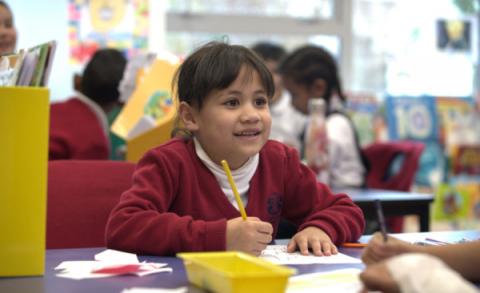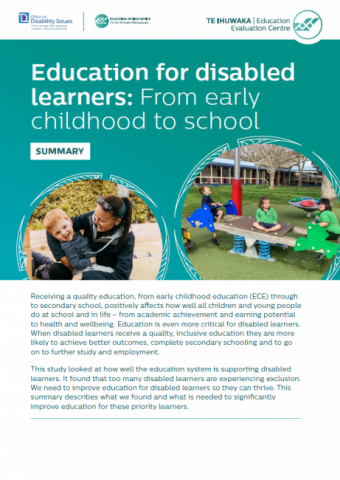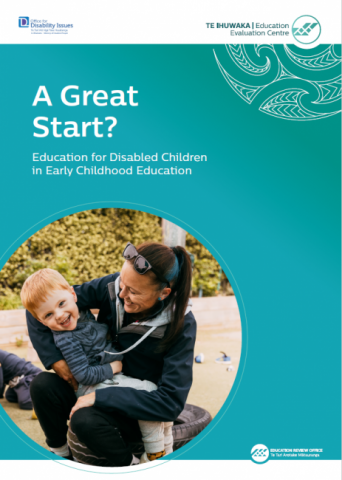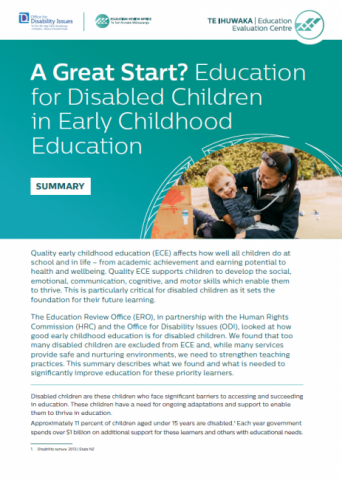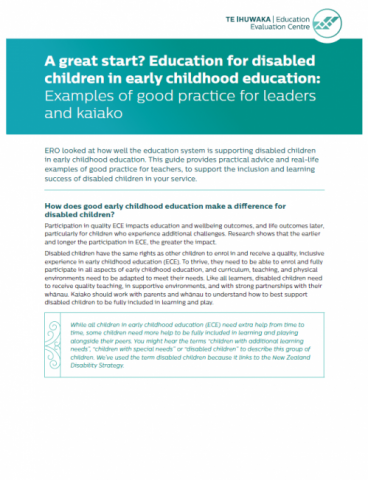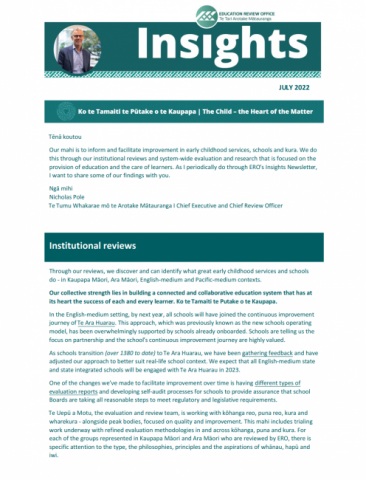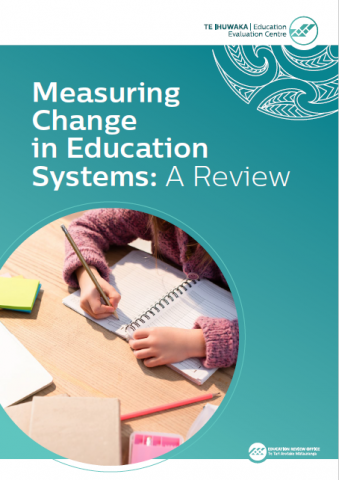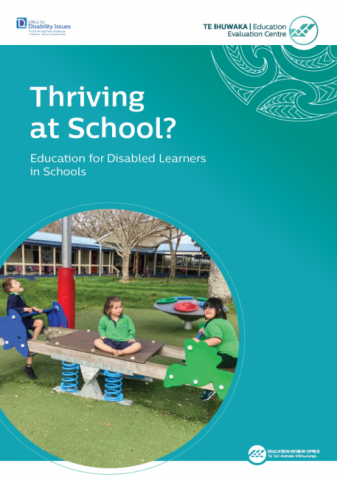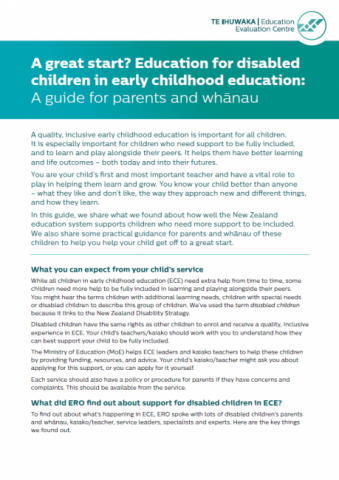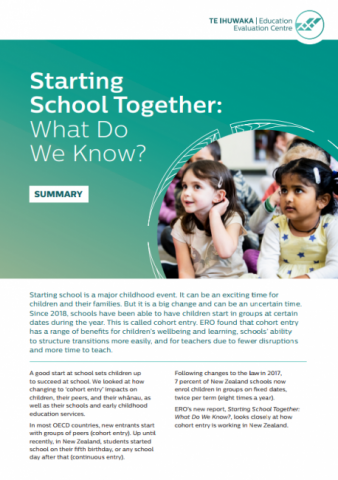Annual Report 2019-2020
Published: 11 Dec 2020
ERO publishes an annual report each year.
Our annual report sets out the operating context, our strategic direction, what we aimed to achieve over the previous 12 months, and what we did achieve.
It also outlines our role and the scope of our functions, reports on organisational health and capability, and includes our financial statements and service performance.
- Audience:
- Academics
- Early learning
- Education
- Māori-medium
- Parents
- Schools
- Content type:
- Basic page
- Topics:
- Strategy
- Achievement
- Audit
